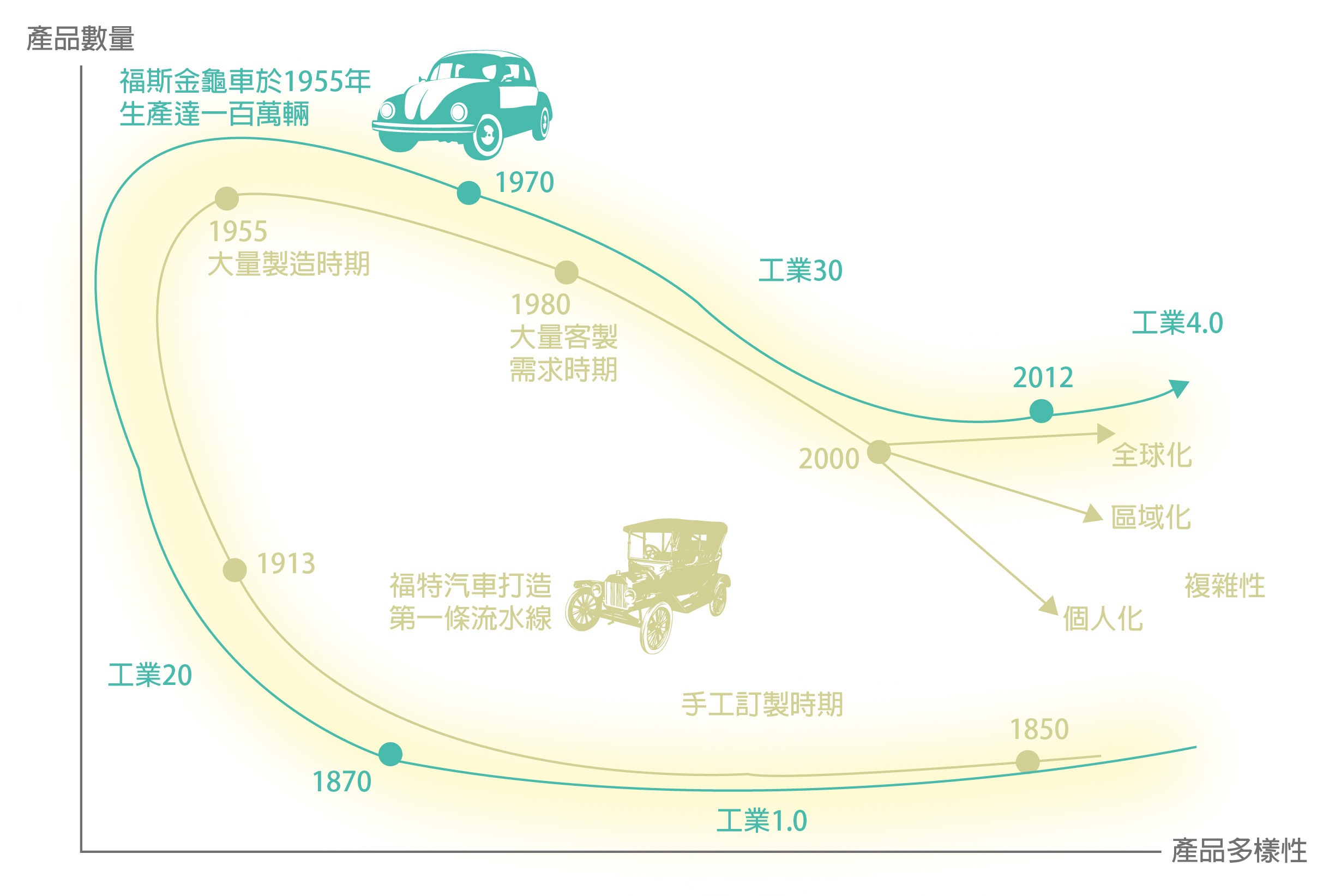Future Development of Cloud Computing under Intelligent Manufacturing Trend
Perface
At noon on March 15, 2016, the nine-dan chess player from South Korea, Li shishi ranking fourth in the world played chess with Google's AI program AlphaGo. After five days of fierce battle, AlphaGo finally won this competition with the total score 4:1 thereby qualifying as the world's fourth best player. AI (Artificial Intelligence) is a growing trend in recent years. Apart from board games, intelligent manufacturing already makes extensive use of artificial intelligence.
Significant Challenges that the Manufacturing Industry is Facing
To answer why the manufacturing industry needs to be intelligent, here we must mention five key challenges the global manufacturing industry is facing at the moment.
- Increased demand for personal products
In the era of multi-screens in one cloud, people have many devices like notebooks calculators, tablet computers and often more than one smart phone, and each product has different dimensions. This requires a fast adjustment with highly flexibility production lines.
- Significantly shortened product life cycles
The mobile phone is the most typical example. For current smart phones, the average life cycle, in general, is 1.6 years; even some manufactures, Samsung for example, launch a new mobile phone every three months on average to meet the demand for new features and innovative ideas of the target market.
- Introduction of new generation interaction models between humans and computers
In the past, we only input data into mobile phones to do a unidirectional query. Now even when watching TV, we can vote or otherwise participate in the draw along with the guests on site by scanning QR codes. In a manufacturing plant, through the import of information technology, operators are upgraded to controllers, and the output is upgraded as well.
- Transform of social structure
There is a growing labor shortage coming in the wake of an increasingly elderly population and a decline in the young working population.
- Issue of sustainable development
Production processes with high pollution are being gradually phased out, and the carbon footprint, highly efficient energy use is the challenge the manufacturing industry is facing.
These five challenges shows that many of the old modes of production in the manufacturing industry have been inconsistent with global trends and their cost is too high. It's time to upgrade. Intelligent manufacturing is vital for a country to improve overall manufacturing output and international competitiveness, therefore in recent years all the countries actively promote the construction of intelligent manufacturing, production and sales systems to make correct predictions about and timely responses to market demands. Here are some examples, Germany 'Industry 4.0', the United States' 're-industrialization policy', Japan's 'future factory of human coexistence', Korean 'next generation of intelligent factory', and Chinese ' Made in China 2025'. Secondly, in order to cope with the inevitable trend of decline in the employee population, the advanced countries driven the development of digital manufacturing and intelligent manufacturing integrating reality and network. It's an important means of reversing the population crisis.


